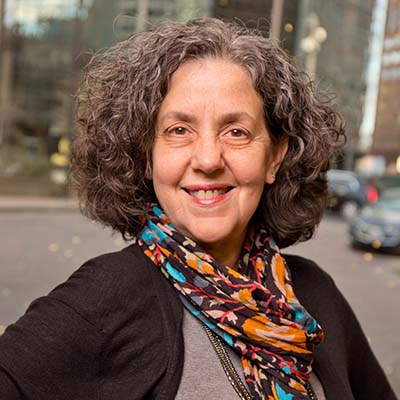
MASSPIRG’s testimony in favor of toxic safety bills, S.1139, S.1132, H.2067, and H.2068
While we’re lucky to live in a state and country with standards, regulations and state and federal agencies charged with the protection of our health and safety, we have a big problem where toxics are concerned. Read our testimony in favor of disclosing more information about toxic products, banning certain chemicals in consumer products, and promoting the use of alternative, healthier products to replace such things as toxic cleaning products.
Ensuring that the chemicals used in everyday life are safe and non-toxic is a top priority for MASSPIRG. In formal testimony to the Joint Committee on Public Health, my Summer Policy Intern Emily Olson and I criticize the current lack of regulations, and offer support for bills that would require disclosing more information about toxic products, banning certain chemicals in consumer products, and promoting the use of alternative, healthier products to replace such things as toxic cleaning products.
Testimony to Joint Committee on Public Health, July 28th, 2015
Good afternoon Chairwoman Hogan and Chairman Lewis and members of the Committee. Thank you for this opportunity to present testimony today. My name is Emily Olson and I am a policy intern with MASSPIRG, a statewide, nonprofit organization working to promote the public interest in Massachusetts.
While we’re lucky to live in a state and country with standards, regulations and state and federal agencies charged with the protection of our health and safety, we have a big problem where toxics are concerned. This problem can be broken down into two main issues:
The first, chemicals in products we use in our everyday lives are largely untested: According to the Natural Resource Defense Council, “more than 80,000 chemicals available in the United States have not been fully tested for their toxic effects on our health and the environment”. This lack of testing makes it basically impossible for the EPA and other regulatory agencies to keep up with the influx and regulate the toxic chemicals used in consumer products.
The second issue is that toxic chemicals are part of our everyday lives.;in the air, our homes and schools, in the toys our children play with, and in containers that hold our food. Scientific studies over the past decades tell us that many chemicals found in consumer products have links to asthma, learning disabilities, reproductive damage, cancer, and numerous other diseases. Yet, products on our shelves are still found to contain dangerous levels of lead, phthalates, BPA, and many other known toxics. TDCP, a flame retardant used in upholstery, mattresses, and other household items has been linked to cancer of the liver, kidney, brain, and testes, and to damage to bone marrow. It has been labeled a probable human carcinogen and has been banned from children’s sleepwear because of its toxicity. The NRDC states that this chemical has been found in over 90% of dust samples in the Boston area.
We are calling for an approach that puts people’s health and safety first. This approach would do three things:
- 1. Provide consumers with health and safety information about the presence of toxic chemicals in everyday products; and
- 2. Phase out chemicals we know are dangerous, and replace them with safest alternatives available;
- 3. Support and encourage research, innovation, education and technology transfer in the field of green chemistry, making Massachusetts a leader in safe product development.
The four bills we are supporting today, S.1139, S.1132, H.2067, and H.2068, accomplish these goals by disclosing more information about toxic products, banning certain chemicals in consumer products, and promoting the use of alternative, healthier products to replace such things as toxic cleaning products.
Thank you for your consideration.
Authors
Janet Domenitz
Executive Director, MASSPIRG
Janet has been the executive director of MASSPIRG since 1990 and directs programs on consumer protection, zero waste, health and safety, public transportation, and voter participation. Janet has co-founded or led coalitions, including Earth Day Greater Boston, Campaign to Update the Bottle Bill and the Election Modernization Coalition. On behalf of MASSPIRG, Janet was one of the founding members of Transportation for Massachusetts (T4MA), a statewide coalition of organizations advocating investment in mass transit to curb climate change, improve public health and address equity. Janet serves as Chair of the Board of Directors for the Consumer Federation of America and serves on the Common Cause Massachusetts executive committee, Alliance for a Healthy Tomorrow board of directors, and Department of Environmental Protection Solid Waste Advisory Committee. For her work, Janet has received Common Cause’s John Gardner Award and Salem State University’s Friend of the Earth Award. Janet lives in Cambridge, Massachusetts, with her husband and two sons, and every Wednesday morning she slow-runs the steps at Harvard Stadium with the November Project.